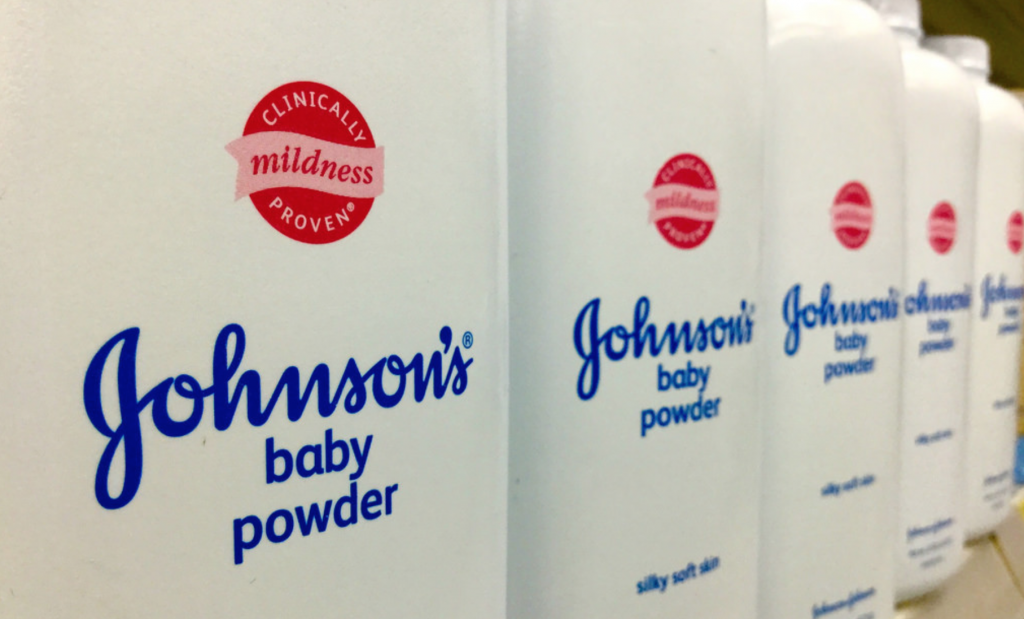Over a thousand lawsuits have been filed against large talcum powder companies by victims who claim their products caused cancer. This number is expected to climb as the media picks up on this story and word spreads about this potential threat. What makes this story so sensational is how a common household product, used by tens of millions of people on a regular basis, may not be as safe as people think. It would like saying that vitamin C is harmful to our heath, and we should stop taking it immediately.
Safety is Often a Matter of Perception
How we feel about a product or substance is often the deciding factor on whether or not we think it is safe. This tends to occur whether it is actually safe from a scientific point of view. Misconceptions can cause mass panic whereas scientifically-proven hazards may be suppressed by industries that want to protect their consumer base and profit margins. In both cases, the responsibility falls on our shoulders to do our due diligence in order to minimize the risk of exposure to harmful substances. A big part of this is avoiding the hype and hysteria created by the media, and focus on researching the facts.
The Problem with Talc
Talcum powder is the softest mineral that we know about, and deposits are found around the world. It is mined, processed and infused with scents or other additives before being packaged and sold as consumer products. It also contains asbestos in its natural state, even though the amounts are minimal. While talc has been recognized as a safety hazard for a few decades, it was thought that the only people who were susceptible to asbestos exposure are miners and workers who are exposed to large quantities of the mineral on a regular basis.
However, there are a number of studies out there that have linked talc to cancer, which is why this story is snowballing. Some of these studies go back decades. Unfortunately, the findings are inconclusive for a number of reasons, and it will most likely take years of intensive research before new information is available. It is important to note that talc can, and is often processed to remove a lot of the asbestos, which has been common for the past few decades as well. Consequently, many people who are filing these suits are doing so based on exposure that occurred years ago.
Ovarian cancer patients make up the majority of those who are filing lawsuits. Whether or not links between prolonged use of talc and cancer can be established in courts has yet to be determined. The reason that people think that talc causes ovarian cancer is that many women use it on a regular basis in the genital area to absorb moisture and promote comfort. The thinking is that particles of the material make their way into the ovaries where they cause disease. It’s important to remember that the majority of cases involve women who use talc on a regular basis over the course of decades before getting sick.
More Questions than Answers
A few verdicts have favored patients to date, and one jury awarded a woman around 70 million dollars. All of these cases are on appeal at the present time. There are also a number of opportunistic attorneys who are spending a lot of money on advertising in order to set up class-action lawsuits, which is why this story is getting so much attention lately.
We talk a lot about links between exposure to harmful substances and illnesses, and how it’s important to take control over what items we consume or use. We also talk about the importance of avoiding hype and getting facts in order to determine how to best protect you and your family. Unfortunately, there are no easy answers regarding talc exposure at the moment, so it’s up to you to decide whether or not to use this mineral on a regular basis or not.
However, there are no known links between cancer and talcum powder if used in small amounts, for a relatively short period of time. Furthermore, it appears that using talc for things like rashes on babies or on dry, chafed skin doesn’t cause adverse effects.
Consequently, the benefits of having baby powder on hand may outweigh the risks for uses other than daily moisture control in the genital area. Keep in mind that there are also other alternatives to baby powder, such as baking soda or corn starch that are not considered to be harmful.
The important thing is to avoid getting caught up in the hysterics surrounding this emerging story while taking reasonable steps to protect you and your family at the same time. Whether or not you decide to stop using talcum powder is up to you, but we suggest that you do some further research, explore the information that is available, and come to your own conclusions.
